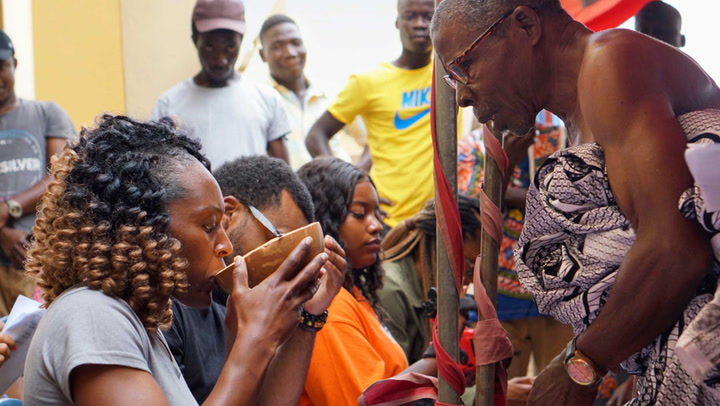Heritage Travel to West Africa: A Journey of Discovery
African Americans have lately gravitated toward ancestral homelands like Benin, Ghana, and Togo. Special planning helps these heritage travelers have a positive experience.
Significant Historical Sites
West African must-sees like Ghana’s Elmina Castle and Senegal’s Maison des Esclaves, relics of the transatlantic slave trade, are among the most important historical sites on the continent. These locations carry deeper meanings for travelers, such as Rondel Holder, a Black New Yorker with family from Grenada and Jamaica. He is one of a growing number of people of the African diaspora returning to West Africa to explore their roots.
“I still get chills thinking about the dungeons and cellars of Elmina Castle,” Holder reflects on his 2019 visit. “For a lot of Black people, there’s a longing to connect and a longing to learn about where we’re from.”
Driving Factors for Heritage Travel
A number of developments are fueling a surge of interest in heritage trips to West Africa. Advancements in DNA testing, led by Africa-focused companies such as AfroRoots DNA and African Ancestry, are making it easier for Black Americans to research their genetic backgrounds. Additionally, airlines including Delta have expanded their service to West Africa. Tourism campaigns like Ghana’s 2019 Year of Return, which coincided with the 400-year mark since the first enslaved Africans arrived in Jamestown, Virginia, attracted many members of the diaspora. Moreover, a growing number of tour operators are available to handle the logistics of these trips.
:max_bytes(150000):strip_icc():format(webp)/ghana-naming-ceremony-WESTAFRICA0221-e09d17a2f922461dbb4b1f399e309a3c.jpg)
The Cathartic Connection of Heritage Travel
According to Eric Martin, cofounder of Black & Abroad, which operates group tours to Ghana and Senegal, “We’ve never really had the chance to grow from the past.” He believes that by making a pilgrimage to these West African countries, witnessing the sights, and hearing personal accounts from surviving descendants, travelers can forge a cathartic connection.
Transformative Experiences
Many Black travelers report that the experience can be life-changing. Brian Oliver, a Baltimore-based nonprofit director, notes, “I feel more in touch with myself and my culture than ever before.” Nicole Brewer, a teacher and blogger from Oman, whose DNA results revealed a link to Ghana, has even added the country to her retirement short list after experiencing the Year of Return. Some, like Kristin Tellis Quaye of St. Petersburg, Florida, have turned heritage travel into a new career path, now organizing trips to West Africa through her firm, Certified Africa.
Planning is Key for Heritage Journeys
While these soul-stirring journeys are powerful for Black Americans aiming to trace their lineage, they necessitate careful planning. “The reality is, Africa has its own complexities and perspectives that don’t always align with the idealized view held by those in the diaspora,” states Kwesi Ewoodzie, a Ghanaian-American sociologist and founding director of Culture Beyond Borders, an Atlanta tour operator. The right guide can aid in navigating language barriers and facilitating meaningful cultural interactions. Online communities such as Black Travel Movement and Travel Africa Movement provide excellent resources, filled with insights from locals. Additionally, media outlets like Essence and Travel Noire offer valuable advice, specifically tailored for Black Americans.
The Limitations of DNA Testing
It is important to note that DNA testing can trace only racial backgrounds and geographic origins, not the names or lineages of families. Nonetheless, Holder emphasizes that his visit to Ghana was “deeply spiritual.” “You’re standing where tens of thousands of Black people were enslaved, learning about everything they endured before they boarded ships to cross the Atlantic,” he recalls. “So, to be back in Africa willingly and happily, in the place where all of that happened, it’s like my ancestors’ wildest dreams.”
A version of this article first appeared in the February 2021 issue of iBestTravel under the headline Going to West Africa? It’s a Trip Like No Other.




